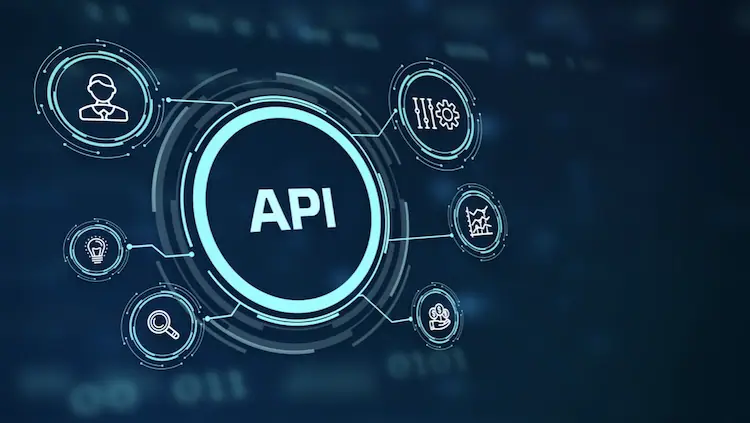Deserialization Vulnerability Testing in Web Apps
Deserialization is a critical process in software development that allows objects to be converted from their serialized form back into an active state. This operation, while essential for the functionality of web applications and APIs, can introduce significant security risks when not properly managed. Deserialization vulnerabilities have been exploited by attackers to inject malicious code, leading to unauthorized access, data breaches, or complete system compromise. Identifying these vulnerabilities through rigorous testing is a cornerstone of modern cybersecurity practices.
Web applications that leverage frameworks such as Java (Retrofit, OkHttp), Python (Django, Flask), and PHP (Symfony) are particularly susceptible due to the inherent complexity in managing object serialization and deserialization processes. A deserialization vulnerability can be introduced during the development phase or even later when updates or third-party integrations are made. Ensuring the robustness of this process is a critical step towards securing web applications against sophisticated cyber threats.
The testing of deserialization vulnerabilities involves several key steps, starting with the identification of potentially vulnerable components within the application. This includes examining libraries and frameworks that handle serialization and deserialization processes. The next phase involves crafting test cases designed to exploit these vulnerabilities under controlled conditions. These tests are conducted in a manner that mimics real-world attack scenarios, ensuring that any weaknesses are exposed before they can be exploited maliciously.
Once identified, the vulnerabilities are documented comprehensively, detailing their nature, impact, and potential mitigations. Reporting is an essential part of this process, as it provides clear communication between the testing team and the development or security teams responsible for addressing these issues. The report should include a detailed explanation of the vulnerability, steps to reproduce the issue, proposed fixes, and recommendations for future prevention measures.
The importance of deserialization vulnerability testing cannot be overstated in today's interconnected digital landscape. By proactively identifying and addressing these vulnerabilities, organizations can significantly enhance their cybersecurity posture, protect sensitive data, and maintain user trust. This service is particularly valuable for businesses operating within sectors where data integrity and security are paramount, such as finance, healthcare, and government.
Applied Standards
| Standard | Description |
|---|---|
| ISO/IEC 17025:2017 | This standard defines the general requirements for the competence of testing and calibration laboratories. Compliance with this standard ensures that the testing process is conducted in a manner consistent with international best practices. |
| OWASP A9 - Broken Authentication and Session Management | The Open Web Application Security Project's top ten list includes deserialization as a critical vulnerability, emphasizing its importance for web applications. This standard provides guidelines to help developers identify and mitigate these risks. |
| ASTM E2583-14(2019) | This American Society for Testing and Materials standard outlines practices for the management of deserialization vulnerabilities in software systems, offering a framework for risk assessment and mitigation. |
Why Choose This Test
- Comprehensive identification of potential security risks within web applications.
- Real-world simulation of attack scenarios to ensure vulnerabilities are exposed effectively.
- Detailed documentation and reporting for clear communication between stakeholders.
- Adherence to international standards ensuring reliability and consistency in testing processes.
- Expertise in identifying and addressing deserialization vulnerabilities, providing tailored solutions.
- Prioritization of data security and integrity, protecting sensitive information from unauthorized access.
Environmental and Sustainability Contributions
In the context of cybersecurity testing, environmental contributions are primarily realized through the reduction of potential cyber risks. By identifying and mitigating deserialization vulnerabilities before they can be exploited, this service helps prevent data breaches and unauthorized access to sensitive information. This not only protects organizations from financial loss but also reduces the environmental impact associated with compromised systems.
The proactive nature of this testing ensures that resources are used efficiently, minimizing waste and reducing the likelihood of costly incidents. Moreover, by enhancing overall security, this service supports sustainable business practices by fostering trust and confidence among stakeholders, which is crucial for long-term success.





